NRS83001: Analysis of Reform in Australian Mental Health System
VerifiedAdded on 2022/12/19
|6
|1083
|1
Report
AI Summary
This report examines the urgent need for reform within the Australian mental health system, particularly concerning the high prevalence of alcohol and illicit drug use among Indigenous Australians. The paper argues for the implementation of culturally sensitive reforms in current drug-related policies, highlighting the inadequacies in cultural competence. It discusses the high rates of substance abuse within Indigenous communities, referencing the National Drug Strategy and its focus on harm minimization. The report critiques the current approach, suggesting a need for policies that consider the psychological impacts of drug abstinence and the importance of cultural norms. Recommendations include decentralizing policy implementation, fostering partnerships with Indigenous communities, and adopting culturally competent educational and harm minimization strategies. The conclusion underscores the need for a multifaceted approach, integrating local involvement and cultural considerations into the National Drug Strategy to effectively address the challenges faced by Indigenous communities. This report provides a comprehensive overview of the issue and advocates for changes to better support the mental health and well-being of Indigenous Australians.
1 out of 6
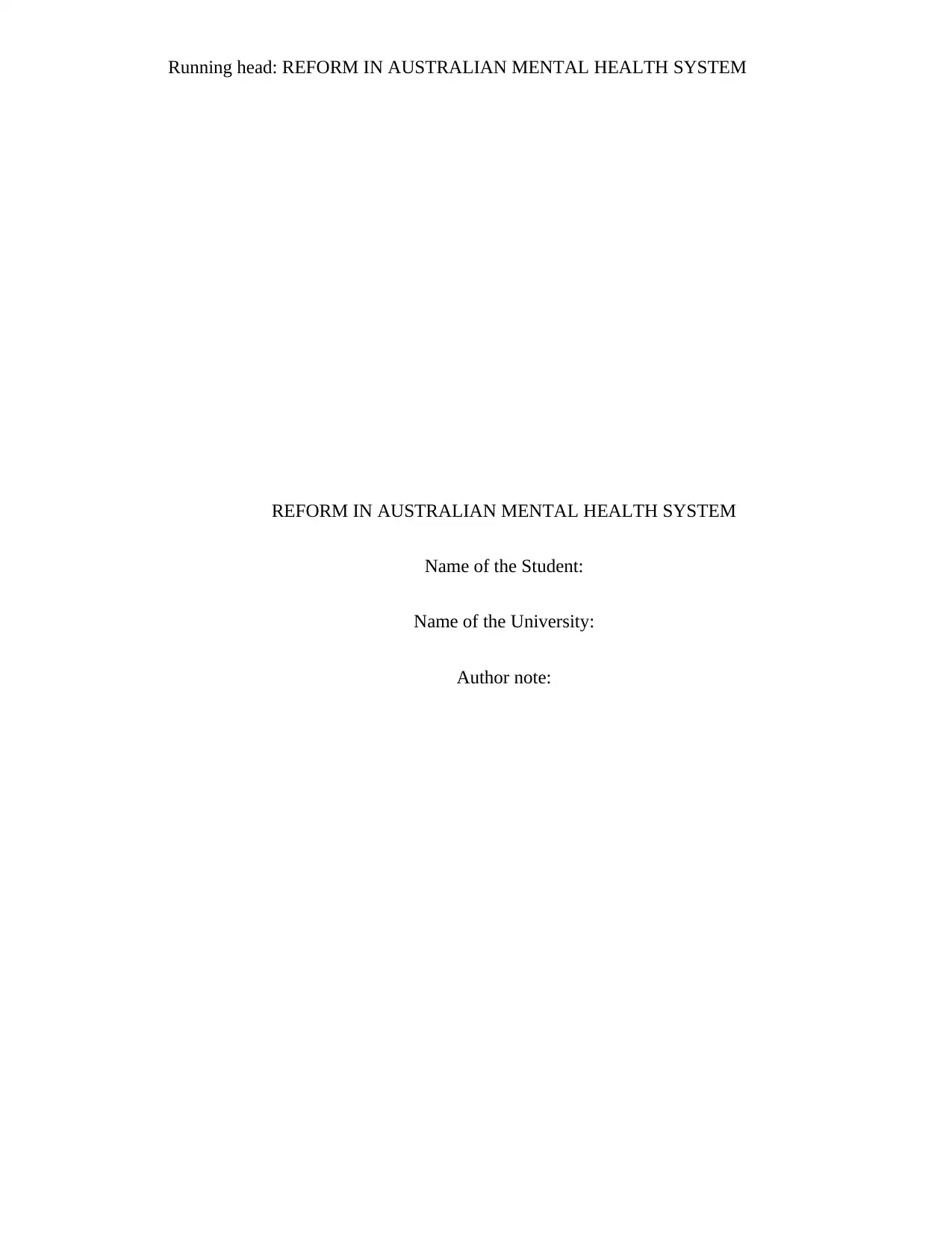
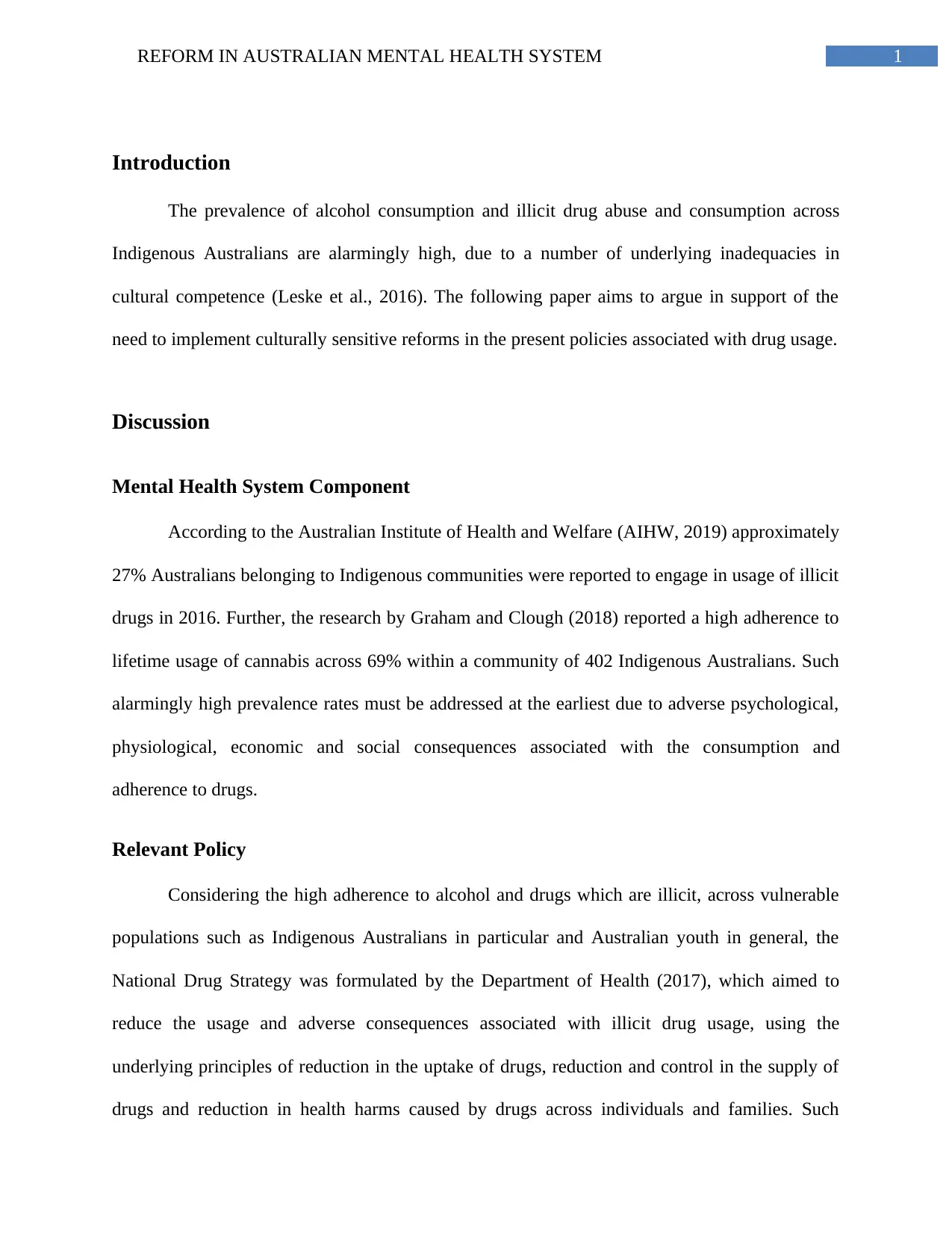
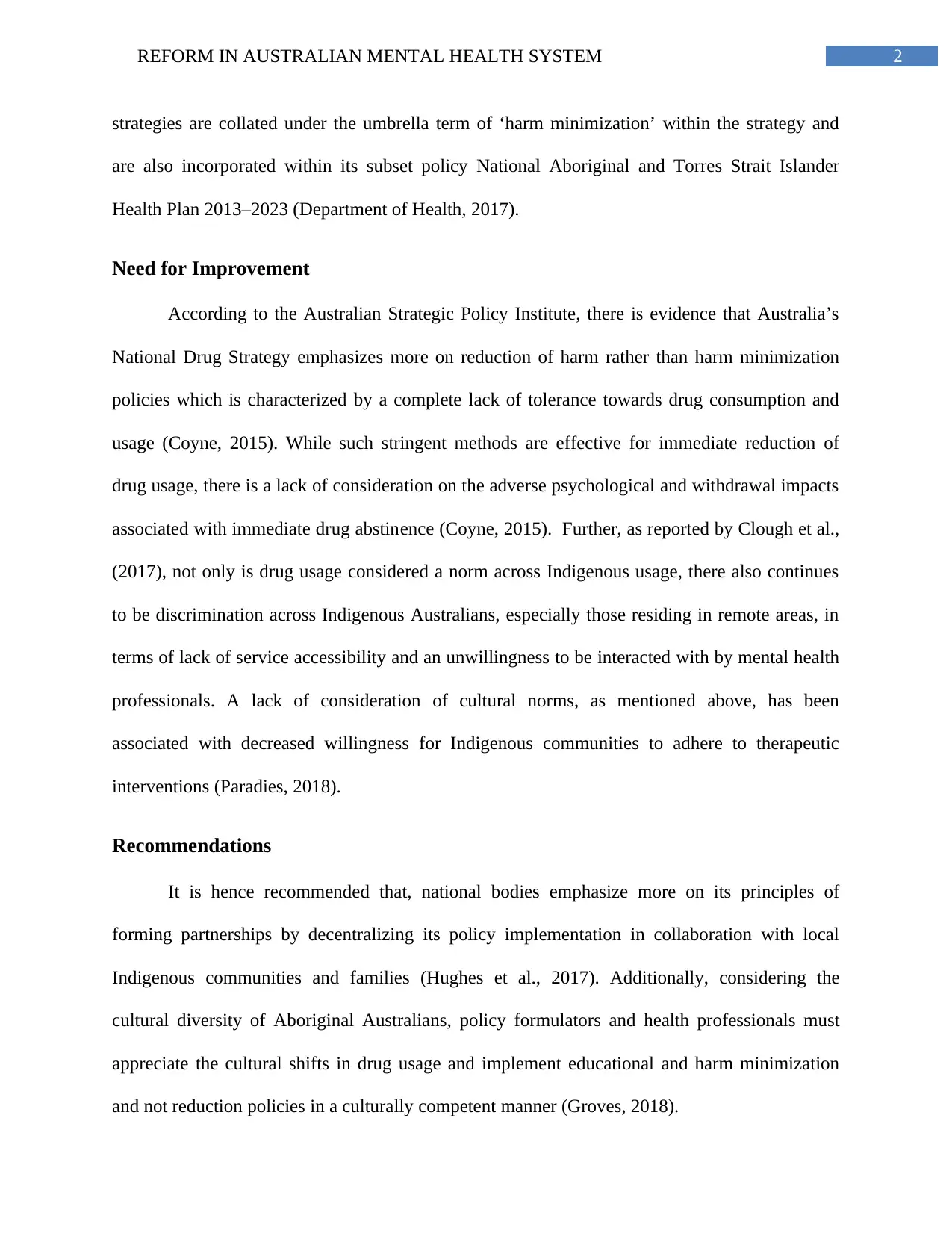

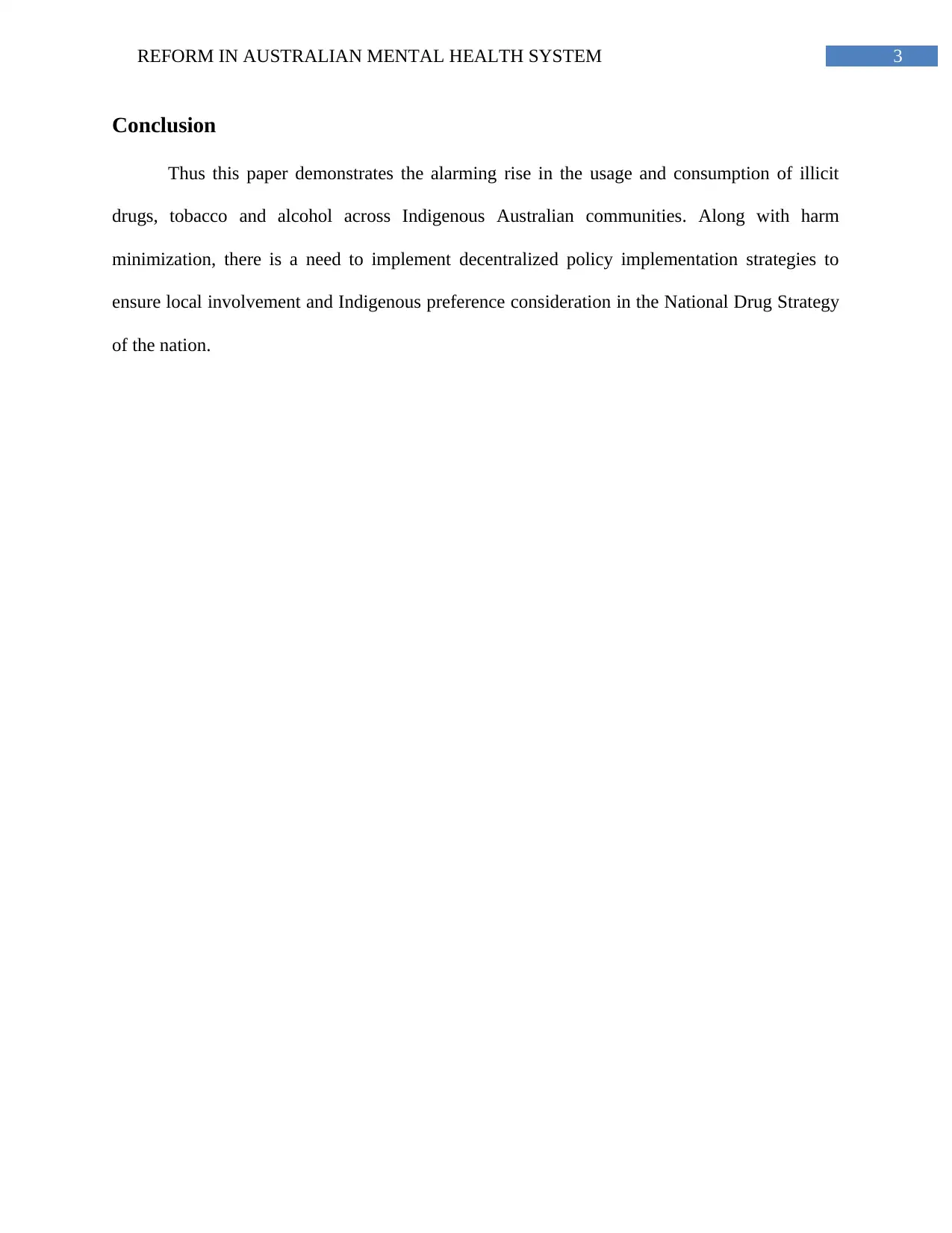
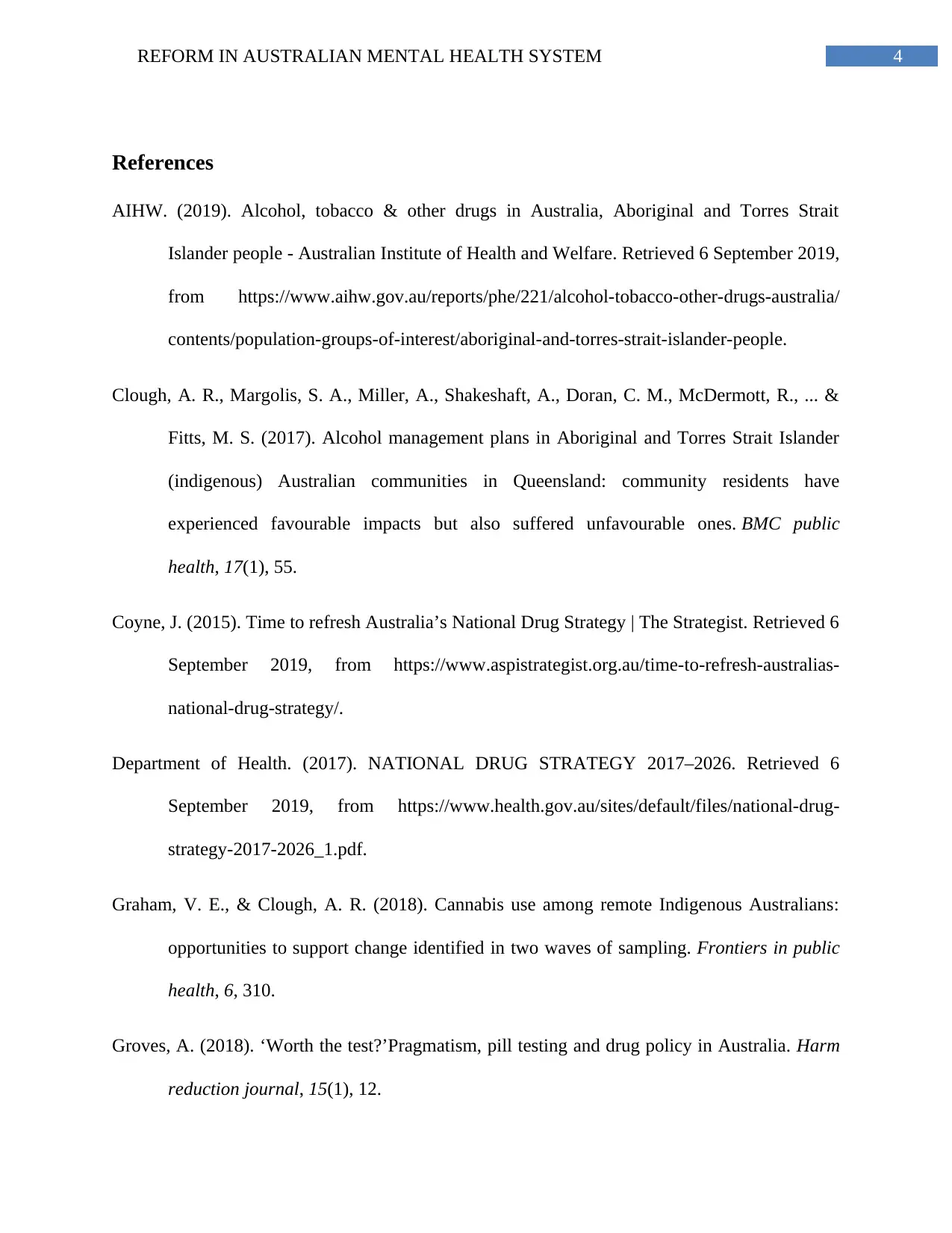
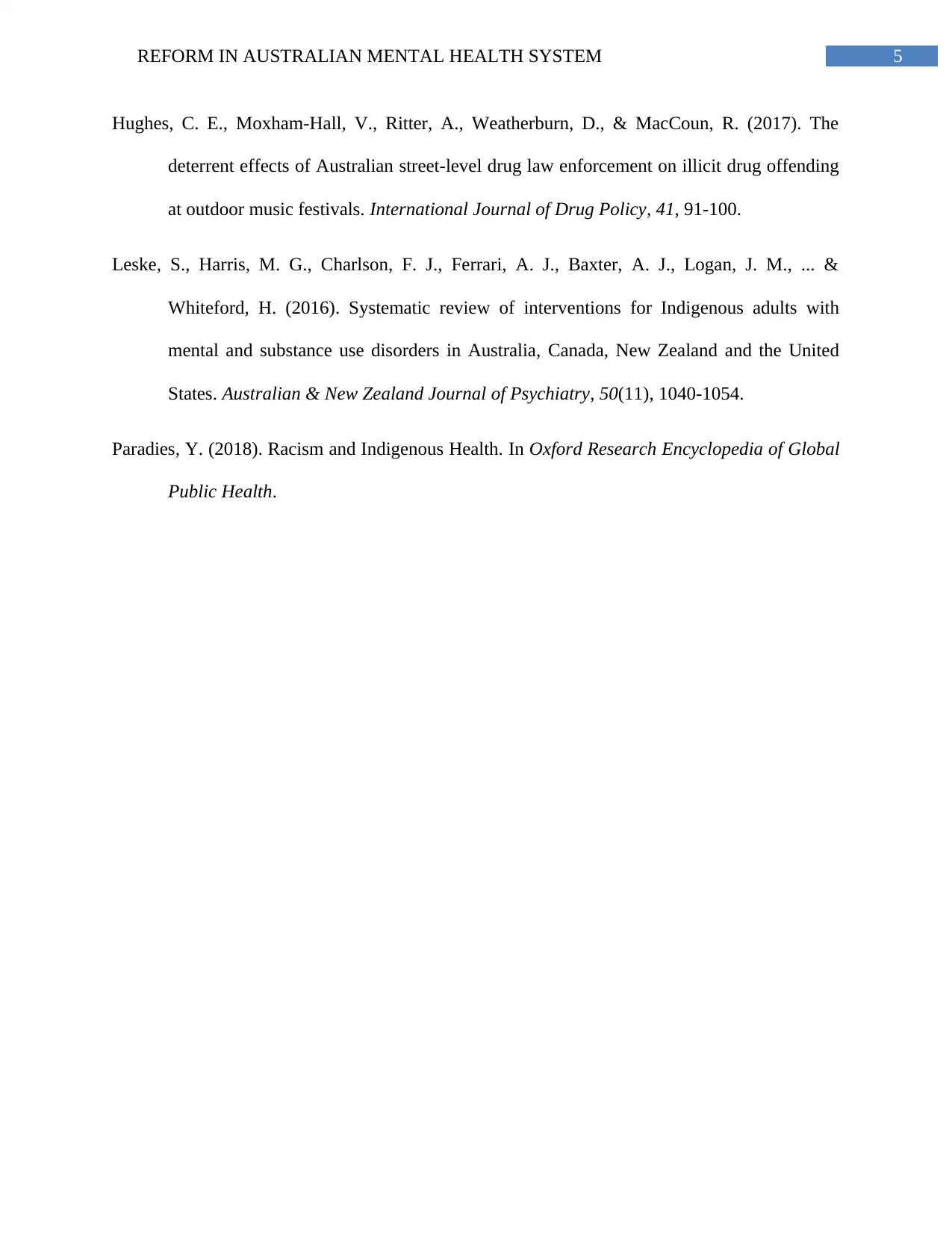






![[object Object]](/_next/static/media/star-bottom.7253800d.svg)